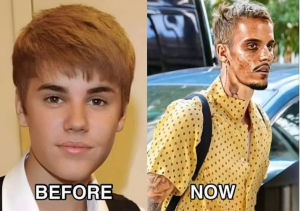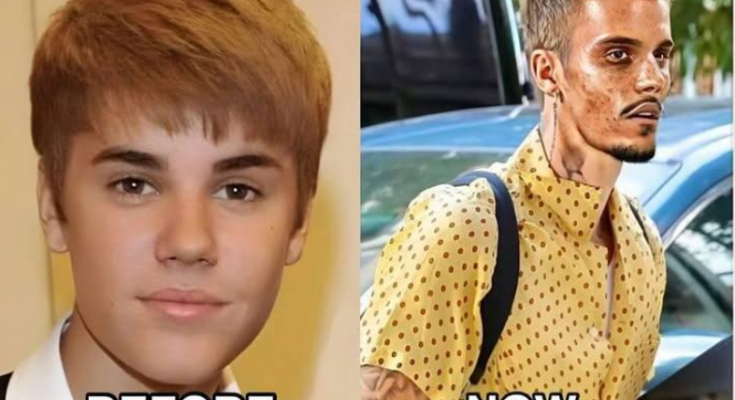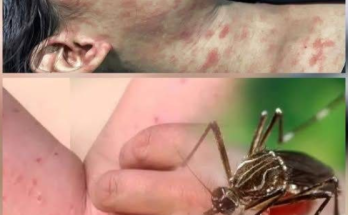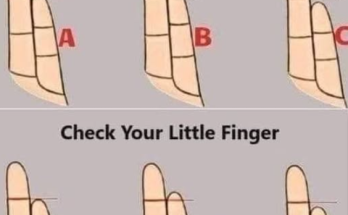
Celebrity Health Rumors and the Truth: The Case of Justin Bieber
In the fast-moving world of social media, a single vague headline can ignite a wildfire of speculation. When that headline involves a global superstar like Justin Bieber, the effect can be explosive.
Recently, versions of the phrase “Justin Bieber admits he tested positive for…” have circulated on clickbait websites and anonymous accounts. But before anyone hits “share,” it’s crucial to pause, look deeper, and understand how and why these headlines appear — and why they so often mislead.
The Anatomy of a Clickbait Headline
These kinds of headlines are designed with one goal: to make people click. They thrive on suspense, ambiguity, and emotion. By ending the sentence with an ellipsis (“…”) they invite curiosity, often without providing real facts.
-
❌ “Admits he tested positive for…” could mean anything — a cold, a flu, a test for something completely unrelated to a serious illness.
-
❌ Many of these sites never actually confirm anything once you click.
-
✅ They profit through advertising when traffic spikes.
For celebrities like Justin Bieber, whose every move is followed globally, this kind of ambiguity can quickly turn into viral misinformation.
A Global Star Under the Microscope
Justin Bieber became a household name as a young teenager, captivating audiences around the world with his first hit songs. Since then, he’s lived much of his life in the public eye. Every tour, relationship, fashion choice, and personal challenge has made headlines.
But fame comes with a cost: privacy is constantly under threat. Even personal matters like health can become public speculation. Over the years, he has occasionally chosen to share certain health matters himself — on his own terms.
The Real Health Story
In early 2020, Justin Bieber publicly shared that he had been diagnosed with Lyme disease, a bacterial infection transmitted through tick bites. He discussed how it affected his energy, skin, and overall well-being — using his own social media accounts to communicate directly with fans.
Later, in 2022, he also spoke openly about experiencing Ramsay Hunt syndrome, a rare neurological condition that caused partial facial paralysis. His honesty about those health battles was widely praised, not only because it humanized a global star, but also because it raised awareness about conditions many people had never heard of.
Importantly, those announcements came directly from Justin himself, not from anonymous posts or rumor websites. That distinction matters.
Why False Health Rumors Spread So Fast
Celebrity health stories — especially when they involve words like “tested positive” — spread rapidly for several reasons:
-
Emotional Reaction: Fans care about their favorite stars and worry immediately.
-
Shock Factor: Dramatic headlines get more clicks than calm, factual ones.
-
Speed of Social Media: Platforms reward viral content, not necessarily accurate content.
-
Lack of Verification: Many users share posts before checking if they’re real.
-
Copycat Content: Once one fake headline appears, others mimic it to get traffic too.
This creates a dangerous echo chamber in which fiction can sound like fact.
How to Tell if a Headline is Real or Fake
When you see a vague headline like “Justin Bieber admits he tested positive for…”, here are some smart steps to take:
-
🕵️ Check the source. Is it a reputable news organization or an anonymous blog?
-
📢 Look for Justin’s own statements. He often speaks directly through official channels.
-
🗞️ Verify through multiple outlets. Real news is reported by many credible sources, not just one sketchy site.
-
⚠️ Be cautious of overly dramatic language. If it sounds sensational, it usually is.
This habit of fact-checking is crucial not just for celebrity stories — but for all news we consume.
The Human Behind the Headlines
It’s easy to forget that celebrities are real people with private lives. Behind the music videos, awards, and flashing cameras, Justin Bieber has openly described facing mental health struggles, illness, and burnout. He has also talked about finding balance through faith, therapy, and taking breaks when needed.
False rumors about someone’s health don’t just misinform fans. They can also affect:
-
Their emotional and mental well-being
-
Their family, who also face the stress of rumors
-
Their professional obligations, if misinformation spreads quickly
This is why responsible storytelling — and skeptical reading — matter.
Why Honesty Matters More Than Gossip
When Justin publicly shared his Lyme disease and Ramsay Hunt syndrome diagnoses, he set an example of how public figures can use their platforms responsibly. Instead of letting tabloids control the narrative, he owned his story.
This approach is healthier for celebrities and for fans, who receive accurate information directly from the source rather than filtered gossip.
Misinformation, on the other hand, often leads to unnecessary panic, online harassment, or wild speculation. That can harm both the subject and their community.
The Bigger Picture: Celebrity Culture and Responsibility
Our fascination with celebrities can sometimes blur the line between public persona and private person. When a rumor about health spreads, people might share it thinking it’s harmless curiosity — but it isn’t.
Every click feeds an ecosystem where rumors thrive and truth is buried under sensational headlines. Being mindful about what we share helps protect both our own credibility and the dignity of others.
A Better Way Forward
Instead of feeding clickbait cycles, we can support a healthier digital culture:
-
Share only confirmed, credible news.
-
Respect personal boundaries of public figures.
-
Celebrate accurate storytelling, not sensationalism.
-
Remember that every human deserves privacy, including those in the spotlight.
Justin Bieber’s real health updates have come from him directly, through official posts, documentaries, and interviews. Anything else without confirmation should be treated as what it is — unverified speculation.
Conclusion: Headlines Aren’t Always the Truth
A sentence like “Justin Bieber admits he tested positive for…” may seem urgent or even alarming, but most of the time, it’s deliberately vague clickbait designed to exploit your curiosity.
The truth is simpler: when something truly important happens in a celebrity’s life, it’s usually reported through official channels, not rumor pages.
As fans, readers, and responsible netizens, we hold power. Every time we choose to verify rather than share, we make the digital space a little more honest.
Final Thought:
Justin Bieber isn’t just a headline. He’s a person — an artist who’s grown up in the spotlight and who has bravely shared parts of his personal journey with the world. Let’s treat that story with the respect it deserves.


